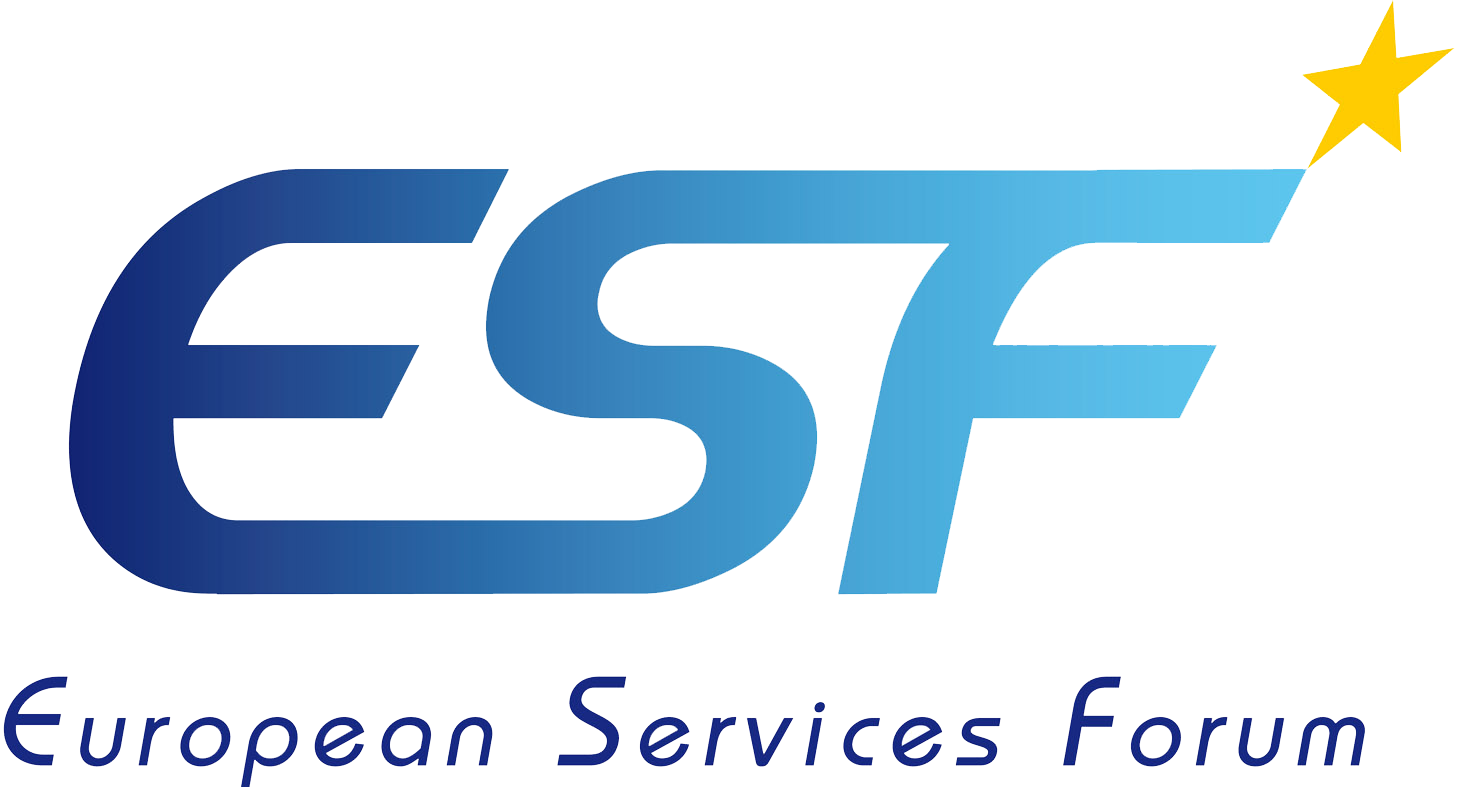- ESF Mission to Indonesia from 17-20 November 2023 (see programme)
- ESF meeting with EU and Indonesia Chiefs Negotiators in the margin of 16th Round of talks (28/11, 4 & 5/12/2023)
ESF signed Joint Industry Call for the Conclusions of the EU-Indonesia FTA negotiations (CEPA)(28 November 2023)
in October 2017, the EU-Indonesia FTA negotiations have been ongoing for one year, having had three rounds of talks so far, with the next round scheduled for February 2018. Indonesia has shown ambition in Mode 4, and seeks to redefine the mode to consider “medium-skilled” labor as well, which would include bartenders and other professions below the university level. This will not be an easy sell for the EU. Indonesian negotiators come very well prepared and ask many questions, but do not have very much experience in Trade negotiations.
ESF contributed to the Questionnaire issued by the Directorate General for Trade in December 2016. You can the ESF Contribution of 2016 here.
For five years, the negotiations went on at a rather low rhythm, which has even been slowed down by the Covid19 crisis. However the talks started to move again after the pandemic, and ESF decided to adopt a full-fledged Position Paper, which was finalised on October 2021. You can find it here.

You can also find the relevant statistics on the EU-Indonesia Trade in Services here:

Background
Indonesia is a founding member of the Association of South East Asian National (ASEAN). The Association encompasses 10 members and as a group represents the EU’s third largest trading partner. Indonesia is the largest economy within the association with GDP amounting to half of total ASEAN GDP and a population of 240 million that is also close to half of the ASEAN total.
Despite this, EU-Indonesian bilateral trade lags relative to its size and in comparison to other ASEAN countries. In 2009 the EU exported €2bn and imported €1.3bn in commercial services with Indonesia, representing 8.7% of total commercial services trade between the two. A similar picture is seen in FDI trends. In 2009 the EU held FDI stocks of €17.5bn in Indonesia and EU flows into Indonesia were €1.5bn. FDI inflows into ASEAN averaged €9.1bn per year between (2000-2009).
Indonesia is a country with substantial potential for growth and ESF is supportive of actions that will see the relationship grow with liberalisation in Indonesia as a vital enabler of development. In line with this sentiment, in late 2009, Commission President José Manuel Barroso and the Indonesian President Susilo Bambang Yudhoyono tasked a Vision Group of eminent persons from both Indonesia and EU to produce recommendations on how to take relations to the next level. The recommendations of the Vision Group were presented to the EU Trade Commissioner and the Indonesia Trade Minister on 4 May 2011 in Jakarta. The joint final Report underlining the Vision Group’s recommendations was presented to the public during the dissemination event held in Brussels on 28 June 2011. Pascal Kerneis, Managing Director of ESF, was one of those tasked to provide EU Business input to the Vision Group.
The report contains a number of findings and recommendation but a central conclusion is that there is ultimately a strong need for the European Union and the Indonesian Government to launch a Comprehensive Economic Partnership Agreement (CEPA), which will cover a wide range of trade and investment issues. The report is available here. The presentation of the report can be found here.
Excerpts from the reports recommendations:
“9. This Comprehensive Economic Partnership Agreement (CEPA) should be based on a free trade area as the foundation in WTO terms, and have a triangular architecture: market access, capacity building and facilitation of trade and investment. The ambition of the CEPA would be present in all three elements. It is the complementarity and interaction, also over time, of these three elements which will engender the desirable development impact for Indonesia via higher-valueadded exports and, at the same time, turn Indonesia into a more attractive market for EU goods and services as well as a promising investment location.”
“10. In terms of market access, it would consist of a deep FTA. This would imply access liberalisation in goods, services and direct investment, complemented by ‘behind-the-border’ commitments covering a range of sanitary and technical regulations issues based on internationally accepted requirements or standards where feasible. It should also include commitments on intellectual property rights protection and competition policy, taking note that Indonesia, as one of only few ASEAN countries, already having initiated such a policy. This should be linked with capacity building as well.”
“15. For services, liberalisation would have to be Dohaplus in various ways. The Vision Group recommends the binding of existing, actual liberalisation as a practical starting point. Beyond that, both partners should commit in a CEPA to certain levels of new openings in key services sectors so as to create new business opportunities. Liberalisation for services would naturally be linked with greater freedom to invest locally in services in Indonesia (whilst in the EU, given ‘national treatment’, Indonesian investment, which has now started, will find few obstacles).”
“20. Furthermore, in order to increase the magnitude of the benefits of the proposed CEPA, on infrastructure development in Indonesia, the Vision Group recommends to future negotiators of the CEPA to discuss public procurement, notably in public infrastructure. The parties should agree on setting up transparency rules and the negociation of additional levels of mutual access to the respective public markets.”
The European Commission has now begun a ‘scoping’ exercise that will be completed prior to launching full trade negotiations. It is expected that such negotiations could start from November 2011.
For further details see:
- The European Commission website
- Statistics of the European Commission on Indonesia
- WTO Trade Policy Review
- Link to CIA Fact Book on Indonesia
